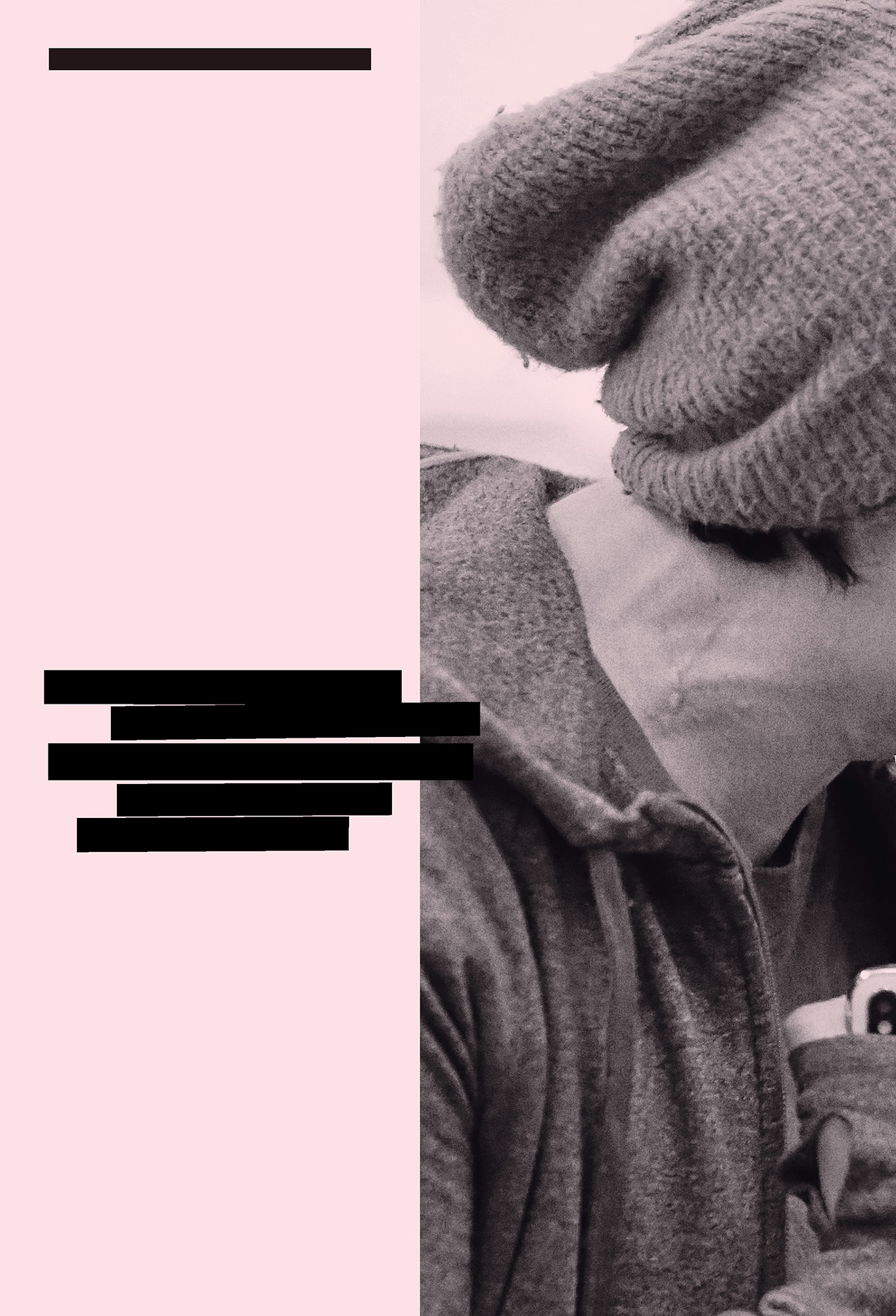
“YOU OUGHTA KNOW”:
POWER
“You Oughta Know” was the lead single off of Jagged Little Pill—which means that it is how much of the world first met Alanis Morissette. When Morissette warbles that first line—“I want you to know, that I’m happy for you”—her intense, laser-like vocal tone sounds like a hot knife slicing through the speakers. The “I” in the song is undeniable; Morissette is so instantly present in her lyrics that you cling to her every word. You instantly want to know who broke her heart, and moreover, you want them to pay. Morissette,
with her cheeky profanity (who hasn’t joyfully belted the words “go down on you in a theater” in karaoke?), seemed suddenly different than the other women on the radio. She was not just singing about lost love; she was out for epic revenge. She wasn’t going to let her ex go gently into that good night; instead she was here to remind him of the mess he left, and she wasn’t going anywhere. It was such a bold statement to make on a debut album, and a risky one at
that—the single could have easily backfired; critics could have written Morissette off as a hysteric with anger issues. In fact, even the producers at Maverick assumed that “You Oughta Know” might not take off; they released the single with the hope that it would be just popular enough that Morissette could do a small tour and begin working on a follow-up record.
Of course, what happened next is another story. KROQ, Los Angeles’s biggest alternative station, began spinning “You Oughta Know” day and night. The song sounded
“It is not a song about spite;
it is a song about being heard.
It is a song about a woman asserting
her right to speak and
stand up for herself.”
it is a song about being heard.
It is a song about a woman asserting
her right to speak and
stand up for herself.”
crunchy and addictive on rock radio (thanks to the addition of a thumping new bassline and drum track from Flea and Dave Navarro of the Red Hot Chili Peppers) and listeners were immediately drawn to Morissette’s eccentric, edgy wordplay. The critics soon took notice. David Browne of Rolling Stone wrote in 1995 that “You Oughta Know” had “a throbbing-gristle beat that grabs your collar and rips it off.” Still, early reviews like Browne’s also carried a not-so-subtle whiff of misogyny when it came to characterizing Morissette’s outlook on relationships. “In her songs, men take her for granted and mentally abuse her, and she retaliates by threatening to leave one of her exes’ names off her album credits (talk about a career-minded individual). Morissette needs to make new friends.”
But (mostly male) critics like Browne, who wrote that “You Oughta Know” is “spiteful and seething,” were missing the point of the song. It is not a song about spite, it is a song about being heard. It is a song about a woman asserting her right to speak and stand up for herself, even after she has been terribly hurt. When Morissette sings about “the cross I bear that you gave to me,” she is singing about more than just a personal vendetta; she is talking about the burden of being a woman in a world that consistently tries to